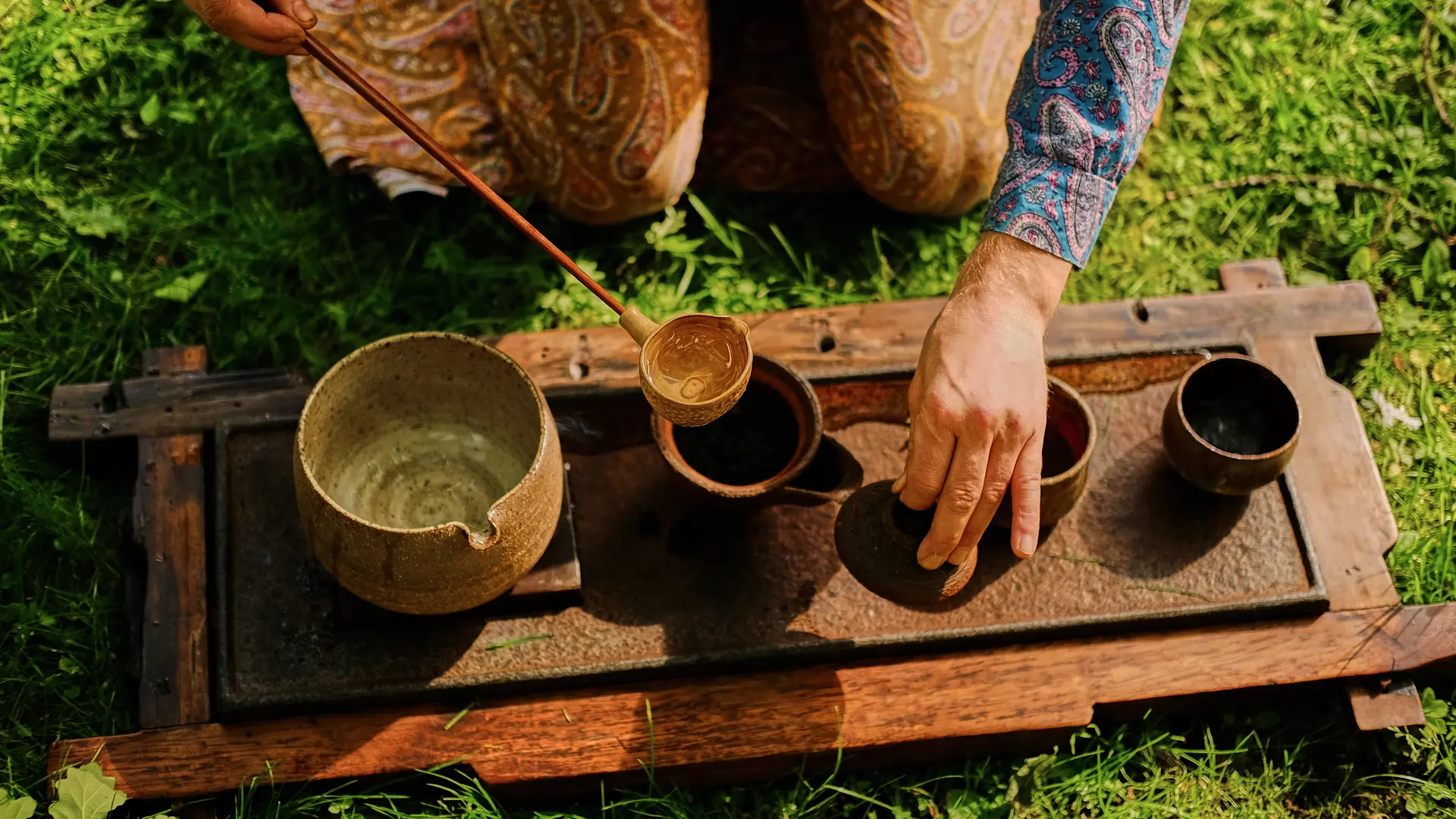
Kenya is a nation made richer by its diversity. With over 40 ethnic groups spread across the country, each brings its own language, traditions, music, food, and way of life. But among these, the Kikuyu, Luo, and Kalenjin tribes have especially influenced modern Kenya — in culture, politics, economy, and daily life.
From the songs played at weddings, to the foods sold in markets, and even the athletes winning gold on the world stage, these communities shape much of what makes Kenya unique.
Let’s explore how each of these tribes contributes to Kenya’s culture today — and why their stories matter.
Kikuyu: The Business Builders and Cultural KeepersThe Kikuyu are the largest ethnic group in Kenya. Traditionally farmers and entrepreneurs, they are known for their hardworking spirit and strong family ties.
Language and ProverbsThe Kikuyu language, Gikuyu, is still widely spoken in Central Kenya. Elders use proverbs and storytelling to pass down wisdom. Even young people in cities still hear these phrases at home.
Food and FestivalsDuring Kikuyu weddings, traditional dress like the shuka (plaid cloth) is worn, and ngurario (a goat-cutting ceremony) is performed as part of marriage traditions.
Business and LandMany Kikuyu families own businesses and invest heavily in land. Nairobi’s real estate growth has deep Kikuyu roots, with generations building wealth through property and trade. They also have a strong presence in media, politics, and banking sectors.
Luo: The Lovers of Music, Debate, and StyleThe Luo tribe mainly lives near Lake Victoria in Western Kenya. Known for their eloquence, music, and fashion sense, Luos have shaped Kenya’s modern voice in powerful ways.
Music and ArtSome of Kenya’s biggest music legends — like Ayub Ogada and Suzanna Owiyo — come from the Luo community. The Luo love for storytelling shines in their ohangla music, a fast-paced genre that blends traditional drums with modern beats.
Education and LeadershipThe Luo value education highly. Many top doctors, lawyers, and professors in Kenya come from this tribe. In politics, the Luo have produced influential leaders like Jaramogi Oginga Odinga and Raila Odinga, who have played major roles in Kenya’s journey toward democracy.
Fashion and FlairLuos are often said to be “fashion-forward.” The phrase “dhi ang’o” (Luo for "where are you going dressed like that?") captures the community's reputation for sharp dressing and elegance.
Kalenjin: The Champions of the Track and the Quiet PowerhousesYou can’t talk about the Kalenjin without mentioning running. This tribe, from the Rift Valley region, has produced world-class athletes who dominate marathons and Olympic races.
Athletic FameNames like Eliud Kipchoge, David Rudisha, and Faith Kipyegon have become global icons. Their success is not only a source of pride for Kenya but has also inspired youth across the country to chase their dreams.
Rural Roots and Community SpiritThough not always loud in the media, the Kalenjin play important roles in national politics, agriculture, and education. Former President Daniel arap Moi was Kalenjin, and his long tenure still influences national memory.
Where Tradition Meets Modern KenyaWhile each tribe has its unique customs, Kenya’s urban life blends cultures in interesting ways. You’ll find:
In Nairobi, it’s not unusual for someone to speak English, Swahili, and their mother tongue in one conversation.
Intertribal Unity and ChallengesKenya’s rich ethnic diversity is its strength — but it also brings challenges, especially around elections and land. But there’s hope. More Kenyans are embracing "Kenyan first" identities, especially younger generations.
Initiatives like:
help people understand and appreciate each other’s roots.
The stories of the Kikuyu, Luo, and Kalenjin tribes are woven into the very fabric of Kenya. Their languages, songs, ceremonies, and contributions to sports, politics, and business continue to shape the country every day.
Understanding these communities is not just about celebrating the past — it’s about building a future where every culture is respected and every voice matters.
So whether you’re visiting Kenya, doing business here, or just curious, take time to listen to a Luo song, eat a Kikuyu dish, or cheer for a Kalenjin runner. In doing so, you celebrate Kenya’s beautiful, complex, and inspiring identity.